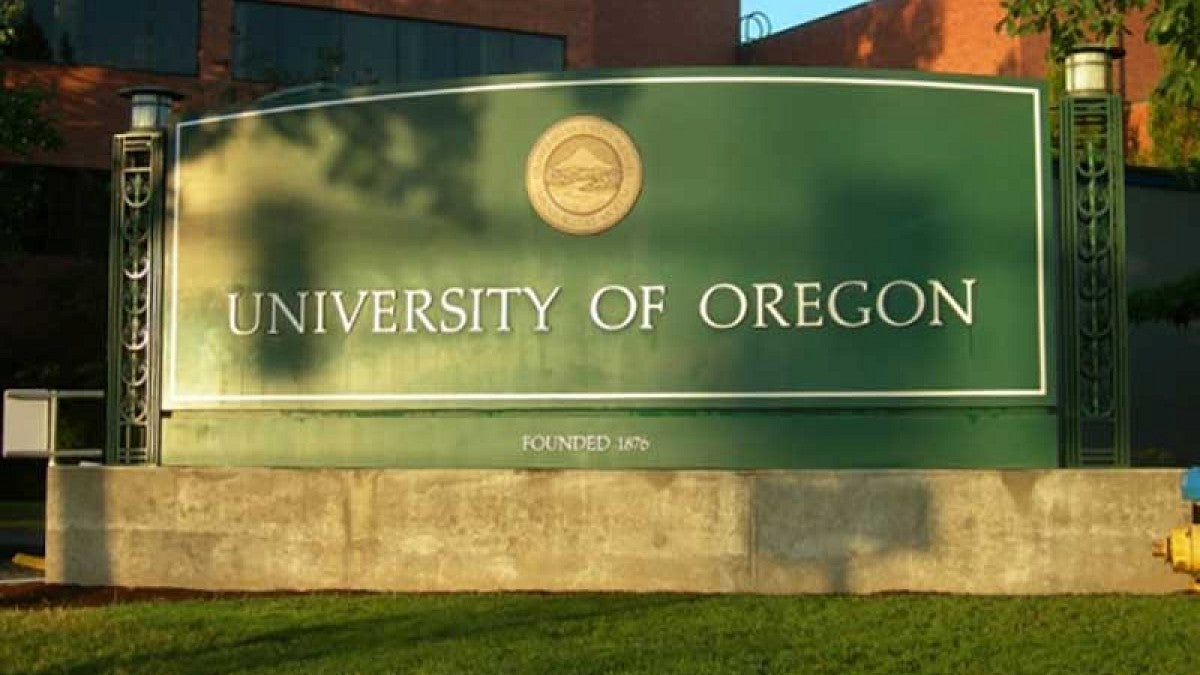The Tuition and Fee Advisory Board is recommending that the University of Oregon adopt a guaranteed tuition program for all new undergraduate students, starting in the 2020-21 academic year.
The proposed program would end the cycle of annual tuition increases and lock in undergraduate tuition rates, administratively controlled mandatory fees, differential tuition and the international student fee for individual students for five years.
At its Feb. 13 meeting, the advisory board — made up of students, staff and faculty members — finalized its proposed tuition rate recommendations, following a lengthy discussion. The advisory board is recommending a hybrid guaranteed tuition model for all existing undergraduate students to ensure an equitable transition into the program.
All current undergraduate students, both resident and nonresident, would have locked tuition increases of 3 percent per year for the next four academic years, under the proposal which still has to be reviewed by President Michael Schill and passed by the UO Board of Trustees.
For those students, such increases are much lower than what students at the UO have seen on average annually over the past decade.
The advisory board is recommending a tuition increase of 10.75 percent for incoming resident students and 7.5 percent for new nonresident students. Because the tuition rate for is fixed for five years, the starting tuition increase for the 2020-21 academic year would be larger for incoming students.
Find out more about the proposed guaranteed tuition program with a new Frequently Asked Questions page.
The advisory board also recommends establishing a substantial reserve fund to help support the new program. The reserve fund would act like an insurance policy to help preserve university programs and enable the university to protect individual students from multiple years of large tuition increases.
The advisory board held a total of 11 public meetings to examine tuition rates and fees beginning last October, for a total of more than 16 hours of discussions.
Students, faculty, and staff members of the advisory board have been strongly in favor of guaranteed tuition and the financial certainty it would provide UO students.
“I really support this. It focuses on the students,” said Tova Kruss, a student member of the advisory board. “Students will know what they will be paying for five years so they can focus on school.”
Locking in tuition rates would help recruit students to the university, eliminate a barrier to their continued enrollment, and assist them in the goal of a timely graduation, advisory board members said.
J.P. Monroe, a staff advisory board member, spoke in favor of a reserve fund to give the UO an additional tool to address a future budget shortfall.
“We sometimes focus too much on the risk of adopting guaranteed tuition,” Monroe said, “There’s risk to doing annual increases, too, and to continuing to do business the way we’ve been doing.”
After the advisory board’s final recommendations are formally drafted, President Michael Schill will host a student forum on tuition Feb. 24. That forum will allow UO students and student groups to weigh in publicly on the advisory board’s proposals. Schill will also take written comments during a public comment period.
Schill will take public comments and the advisory board’s recommendation into consideration and then make his own recommendations on tuition rates and fees to UO Board of Trustees, which will ultimately vote on tuition rates for next year at its March meeting.
—By Saul Hubbard, University Communications


